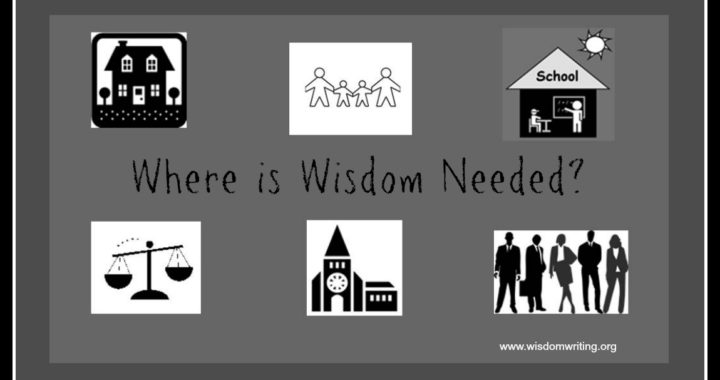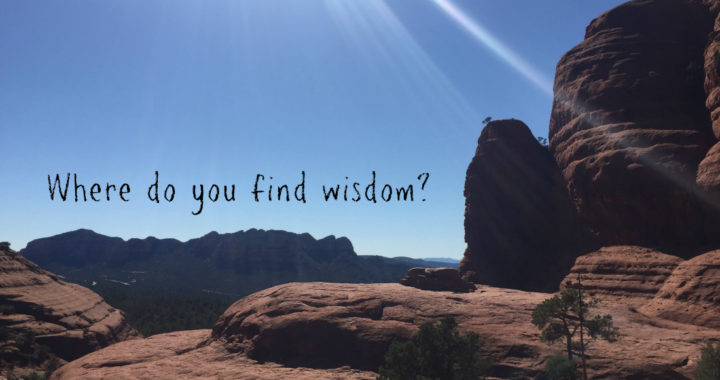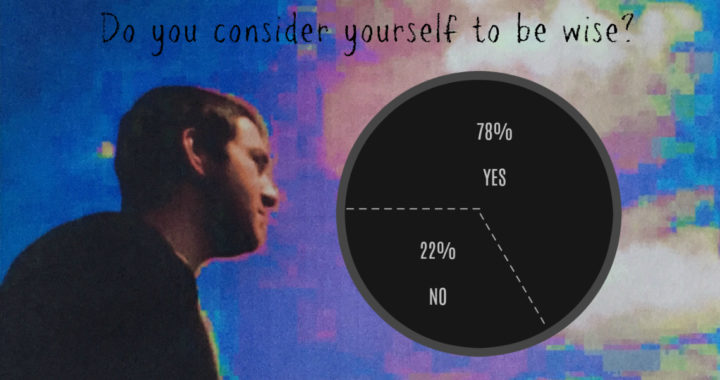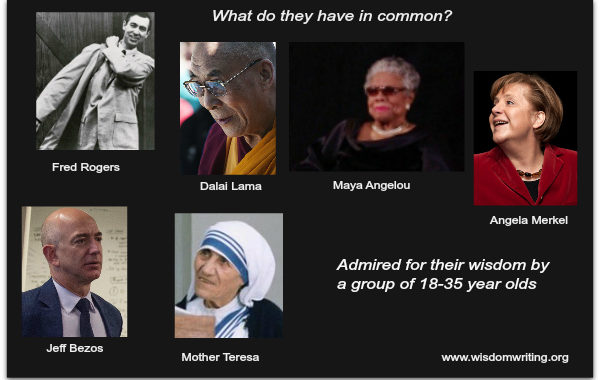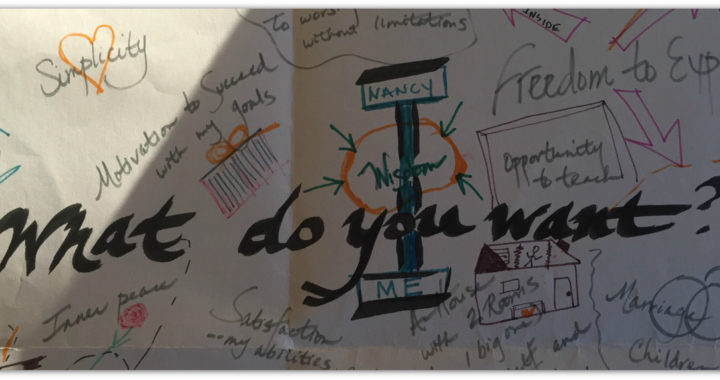Where do you think that wisdom is needed most today?
“Wisdom is needed everywhere with everybody,” said an eighteen year old respondent to my wisdom survey. She might have added, “Duh, isn’t this obvious?” Thirty percent of her Millennial and Gen Z peers agree with her and checked every category of answer choice to my inquiry of where wisdom is needed. If this was a question posed on the popular TV show Family Feud, then host Steve Harvey might have insisted that they choose one response. However, I deliberately left the question open-ended. I wanted to see if any concerns would be expressed in the comments section or if one area would receive more responses than another. While the frequency of answers had a fairly even distribution, the clear favorite was the Government with 76% of the respondents choosing this answer. The winner board would have looked like this:
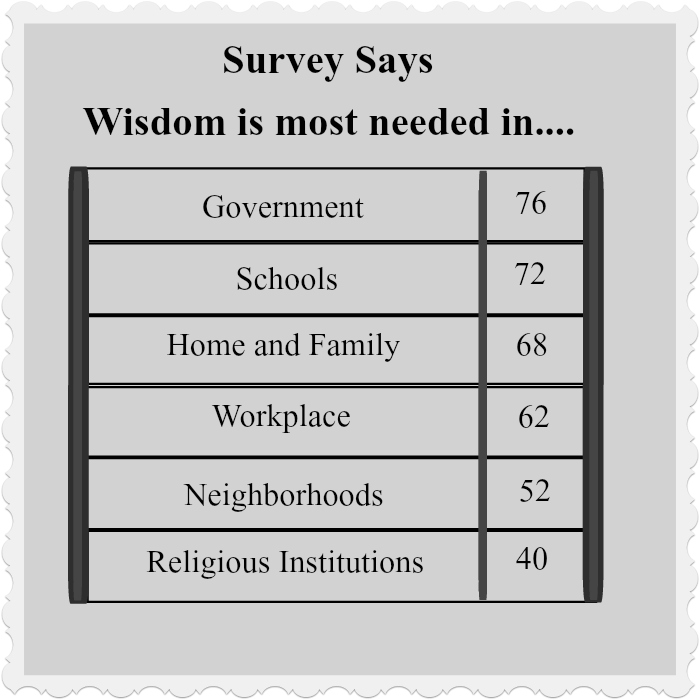
Government and Leadership
Consistent with previous responses from 18-35 year olds in the survey, I found insightful and discerning comments were provided with their answers. They want leaders to actually lead and to be more thoughtful in their actions. One young man suggested that leaders in government “need wisdom instead of blind disdain for any idea that comes from the other side of the aisle, and to remember that we all have the same goals even if choosing different paths.”Another remarked, “we can all learn something from each other.”
My savvy group also pointed out in their comments the relationship between:
Home, Family and Schools
- Home is where everything begins in a person’s development
- What is learned at home will always be rooted in you
- Schools can’t fix home life but can influence it by providing positive role models
Schools and the Workplace
- Schools have become a dangerous place for children and we need to fix the inequality in the system
- The incoming workforce is completely connected so there should be no barriers between work and life.
- The workplace needs to be more welcoming and inclusive
Neighborhoods and Religious Institutions
- Neighbors don’t talk to each other anymore
- Church communities often fail to realize what people really need, that bums me out
- Person to person interaction is needed to influence larger institutions
Wisdom as the Guiding Principle
No matter what combination of answers my respondents chose to identify where wisdom is most needed, they were all in agreement that Wisdom is like branding or a set of company values that serve as the guiding principle. It should be what we strive for whenever groups of people come together. I was happy to hear one young woman proclaim: We need to re-establish our connection to previous generations and what they have to offer. Her comment reflected one of my own intentions when I began this project, namely, to encourage inter-generational dialogue to cultivate the wisdom needed in our world today..
What I learned from fifty awesome 18-35 year olds is that this topic is a very important one for our young adults-one which I plan to continue and expand on. As I progress in summarizing the responses to my survey from the other age groups (35-55, 56-75, 76+) I predict that I will see many areas of agreement across the generations.
As you think about what is important to you, do you find that you agree with any of the thoughts and opinions shared in this series reflecting the wisdom of younger generations? Please send me your thoughts.
To start at the beginning of the series click here.
Coming soon: What wisdom means to Generation X
